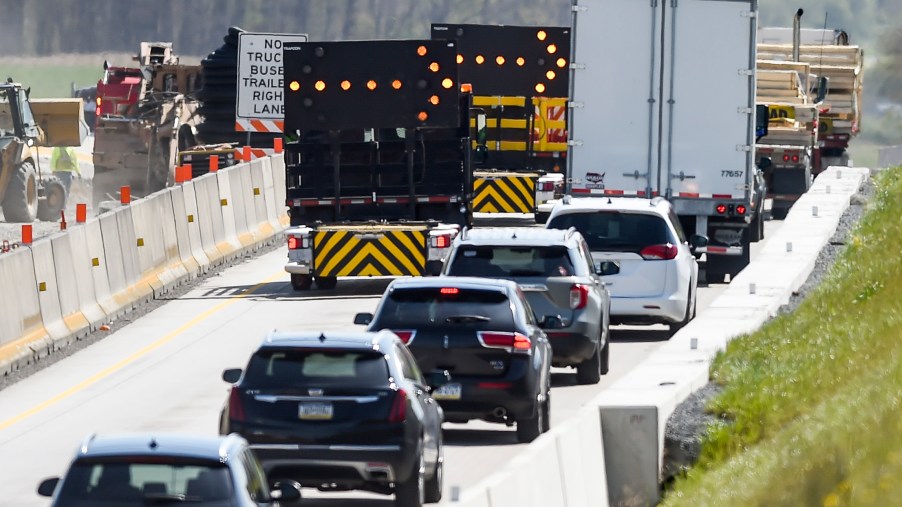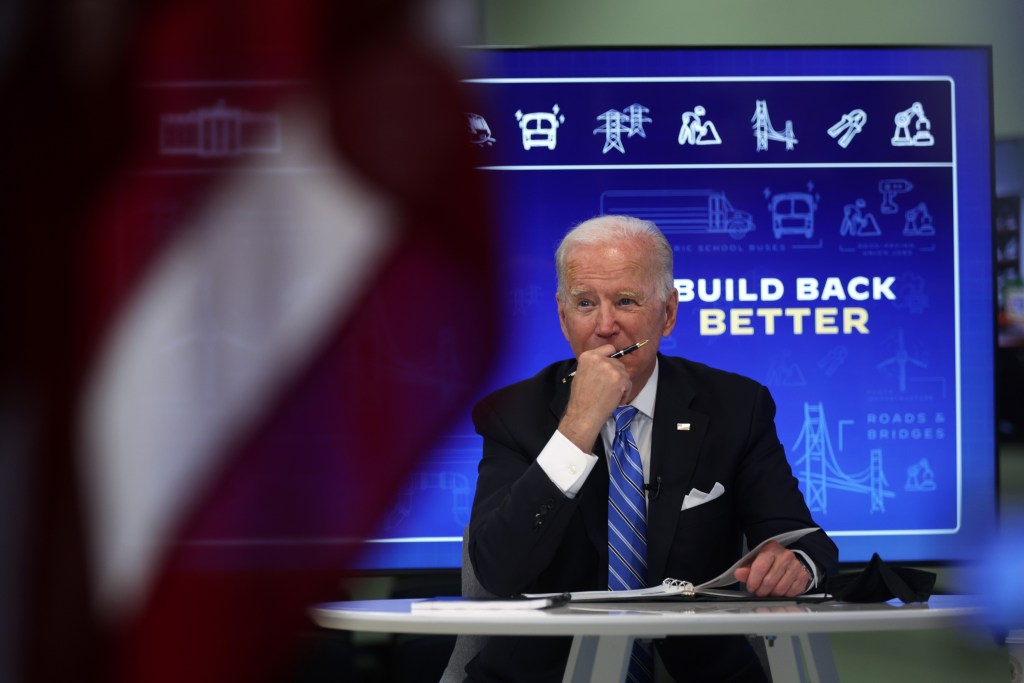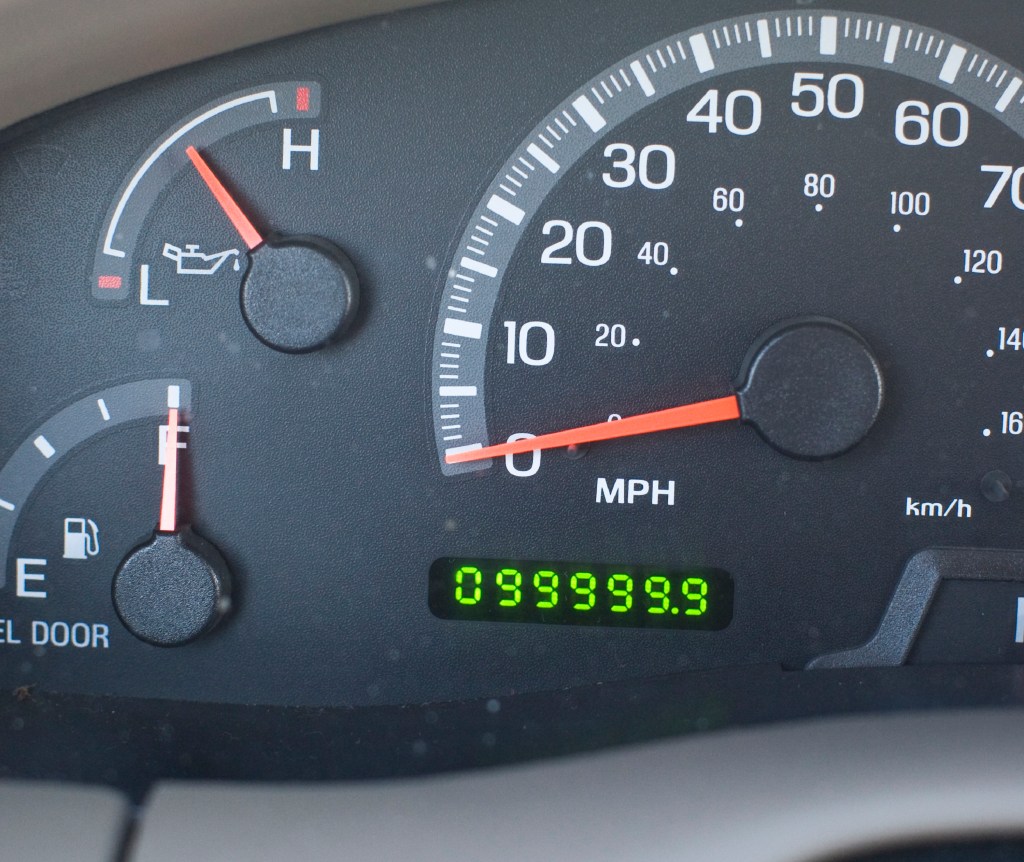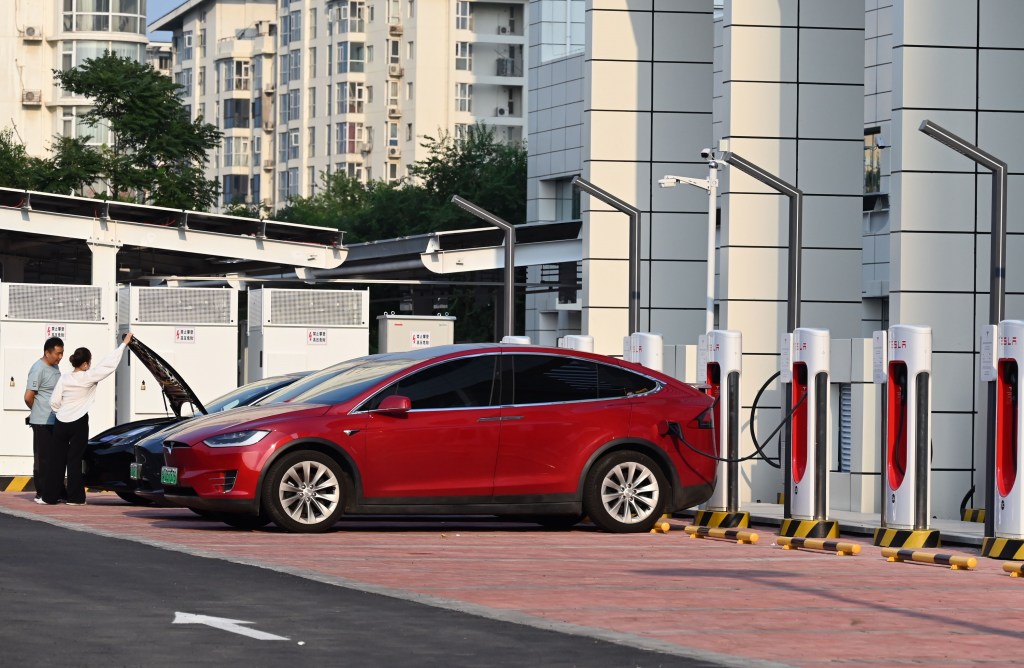
A New Infrastructure Bill Will Track Your Travel Habits
President Joe Biden has just legitimized the shift to EV power with his new infrastructure bill. The bill aims for EVs to make up for half of all new car sales in 2030. Frankly, it’s a much-needed step towards electrification and a massive push towards modernizing our country’s infrastructure. However, there’s a little test for American drivers tacked onto the bill, buried deep within its 2,000-odd pages. The test will track how much you drive and potentially impose a new per-mile tax.
Biden’s infrastructure bill pushes EVs to the front

First, let’s talk a little bit about that infrastructure bill. Frankly, it’s something we need. Range anxiety is very much still a thing for many EV owners, especially for those living outside of major urban areas. Now, the bill aims to directly combat that by shifting some of America’s resources to the increased adoption of electric vehicles. However, these things, rather obviously, cost money. Rome wasn’t built in a day, and it wasn’t built for free either (technically it kinda was, slave labor and all that).
So, what exactly is this test? Essentially, it requires the Department of Transportation to test whether or not taxing drivers based on how many miles they travel will be feasible, per the Washington Times. Critically, the test is broad enough to encompass a range of vehicles, from passenger cars to heavy-duty trucks. Unfortunately, the wording there is rather vague in a classically legalese way. No word yet on if that includes semitrucks.
London calling

Moreover, when all is said and done about three years from now, the bill requires that heads of the DOT must go and report the findings of the test to Congress. Obviously, Americans are notoriously anti-taxation. Hell, our whole country was founded on those principles of lower taxes for the common (white, landowning) man. Now, this new bill will come crashing into conflict with that. Something I imagine the general populous might not be happy about.
And it’s a fair criticism. America is a vast, sprawling country. Not everyone’s commute is a thirty-second walk to their desk from bed. Steve Milloy, a member of the Trump administration’s EPA team said the tax will penalize those rural inhabitants. Frankly, he’s absolutely right. So, the test is already controversial, to say the least. However, there are some benefits here. States like Colorado are already exploring similar programs, much like ones found in the UK.
Charging networks have to expand

Like many things political, there’s probably a common ground to be found here. Obviously, the tax, should it be levied, ought not to heavily tax those in rural areas with longer commutes. Those people are just trying to get to work, same as the rest of us. However, the money to fund our country’s EV integration has to come from somewhere, and it had better come soon, as the climate crisis worsens by the day. No matter the outcome, you can be sure to hear about it here.
RELATED: Los Angeles has a … Peculiar approach to speed limits


